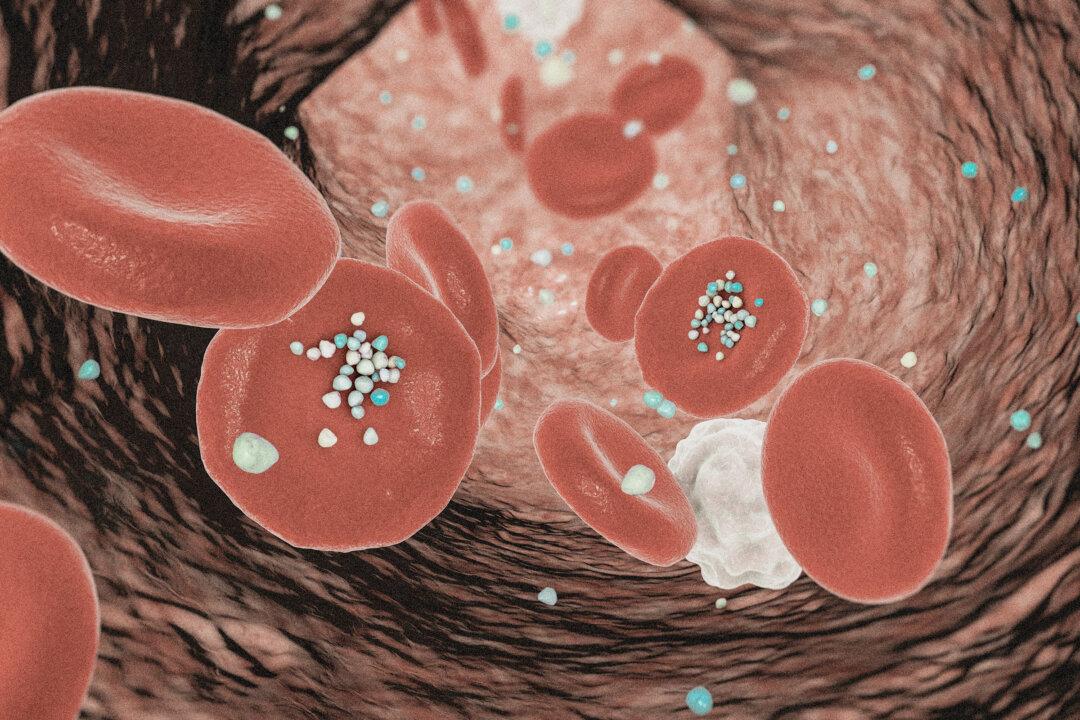Childhood cancer survivors are winning their battle against the disease, but many are facing a new challenge: a fight against accelerated aging that comes with their life-saving treatments.
According to recent research, this accelerated aging can lead to health problems typically seen in older adults, not just the feeling of getting older.
“We found that all childhood cancer survivors, regardless of their diagnosis or radiation exposure, experience accelerated aging and are projected to develop age-related conditions much earlier than the general population,” Jennifer Yeh, professor of pediatrics at Harvard Medical School, told The Epoch Times.
While people over 60 are used to managing a range of health issues like heart disease, stroke, or age-related muscle loss, those in their 20s to 40s typically don’t face these concerns. However, this creates a problem, says Dr. Lisa Diller, an oncologist and study lead, who is a physician at Dana-Farber Cancer Institute and Boston Children’s Hospital.
Experiencing Old Age at Mid-Life
Published in JAMA Oncology on March 20, the Harvard study found that 20 percent of childhood cancer survivors develop diseases like heart problems, cancer, or stroke at an average age of 47—almost 18 years earlier than people without a history of cancer due to accelerated aging. On average, people start to experience these health issues by age 65.Researchers say that their study may help childhood cancer survivors make more informed health decisions, as their aging process differs from that of most people.
“Our ability to measure more than one outcome, and to predict what will happen in mid- and late adulthood, is limited,” said Diller.
“This study gives a more comprehensive picture of survivor health over a lifetime,” said Yeh, who developed the simulation model and is a researcher at Boston Children’s Hospital. It also provides a more realistic view than previous studies that focused on short-term risks or a single condition, she noted.
Treatments May Accelerate Aging
Survivors who were treated with radiation, once a common treatment for childhood cancer, developed health issues like heart disease, cancer, or stroke even earlier—about 22 years earlier than those who are cancer-free.Historically, all children with leukemia received cranial radiation to prevent cancer recurrence in the brain, Diller said. However, over time, doctors realized that this treatment caused significant long-term cognitive issues and executive function problems. As a result, the use of radiation has dramatically decreased in recent years.
Nevertheless, children treated for leukemia without radiation still experience accelerated aging, with health issues appearing about 10 years earlier than expected. According to the researchers, this suggests that the treatments themselves—whether chemotherapy or the experience of cancer—contribute to long-term health risks, not just radiation.
The Harvard findings support a shift in health policy: childhood cancer survivors need tailored health care as adults and early interventions to manage health risks that appear earlier than expected. This approach would focus on preventing, managing, and monitoring chronic conditions that emerge prematurely as a result of cancer treatments.
Yeh stated that their findings suggest that survivors should begin early screenings for conditions like breast cancer, colon cancer, and heart disease, and to consider preventive treatments such as tamoxifen, used to reduce the risk of breast cancer, or beta blockers to protect the heart.
Experts also recommend lifestyle changes in managing these risks, including regular exercise, a healthy diet, and limiting alcohol consumption.
Diller noted the importance of health systems integrating long-term survivorship care into routine healthcare. As she explains, these survivors need ongoing support to address both the immediate and long-term effects of their cancer treatment.
“You might interpret their real age to be more like in their 50s or 60s, depending on which late effects you’re looking at,” Diller said. “Everything’s advanced by 10 or 15 or 20 years.”







